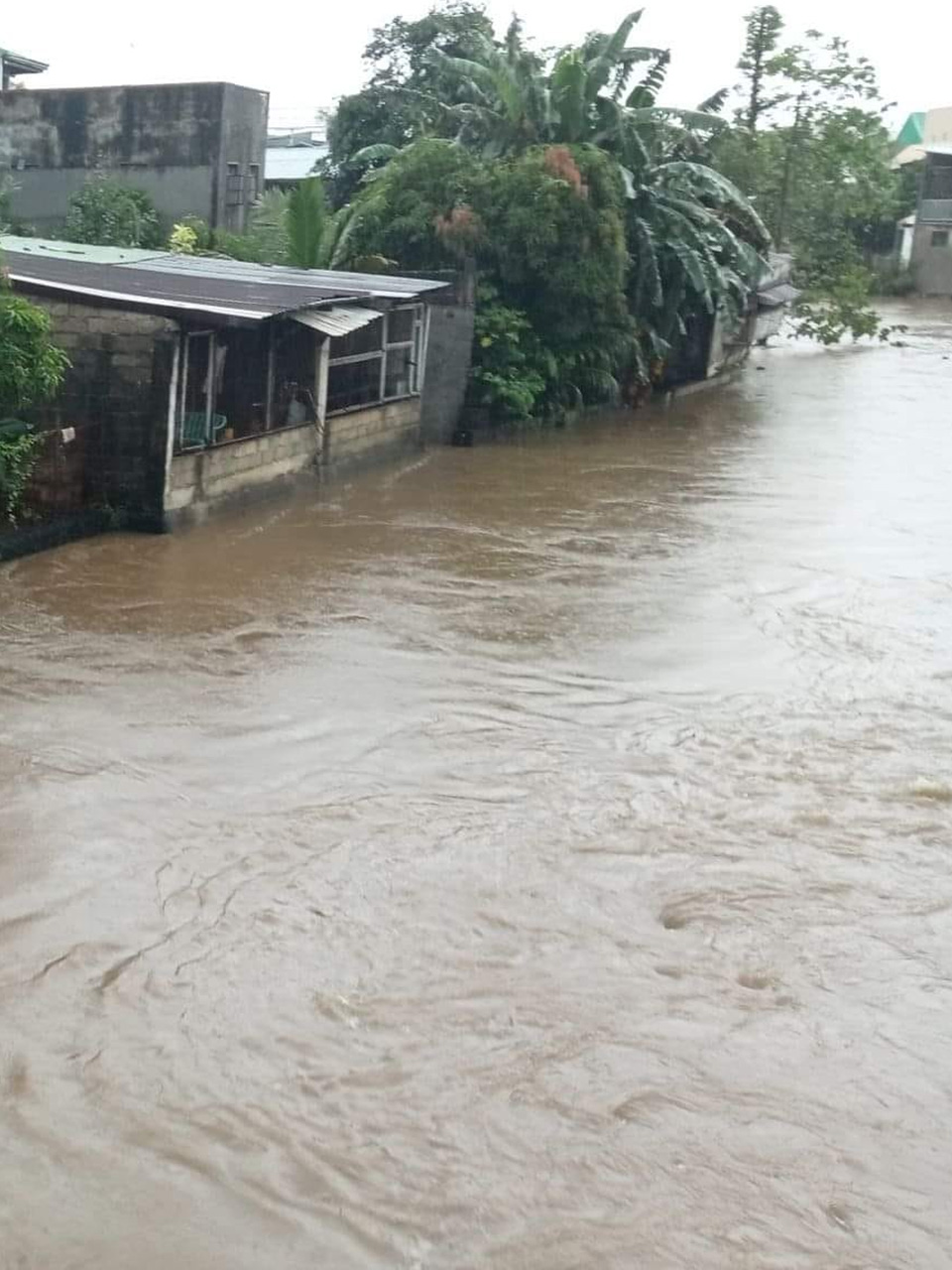For best experience, use Nutshell app on your smartphone.
6:31 pm on 1 November 2022, Tuesday

By Jade Belen
The Department of Health- Center for Health Development (DOH-CHD) CALABARZON (Cavite, Laguna, Batangas, Rizal, Quezon) has warned the public against water-borne and foodborne illnesses, influenza-like illnesses, leptospirosis, and Dengue (W.I.L.D) following the aftermath of Severe Tropical Storm Paeng that hit the country.
According to DOH CALABARZON Regional Director Ariel I. Valencia, now that storms and typhoons are entering the Philippine Area of Responsibility (PAR) one after another, expect an increase in cases of ‘WILD’ diseases that usually increase due to wet or damp surroundings caused by rains.
“In most cases, storms and heavy rains can cause flooding, and with it is a possible increase in cases of infectious diseases. These include water-borne diseases such as cholera, leptospirosis, and hepatitis A; and vector-borne diseases such as malaria and dengue,” Valencia said.
Valencia renewed the call to the public to prevent dengue by implementing the enhanced 4-S strategy in their households.
4-S stands for “Search and destroy” mosquito-breeding sites, employ “Self-protection measures” (i.e., wearing long pants and long-sleeved shirts, and use of mosquito repellent), “Seek early consultation,” and “Support fogging/spraying” in hotspot areas where an increase in cases is registered for two consecutive weeks to prevent an impending outbreak.”
Influenza is also rampant during the rainy season, he said.
The DOH also warned the public about threats of cholera and diarrhea during the floods. Drinking clean, potable water, proper sanitation, and food safety measures decrease the risk of cholera and diarrhea-associated complications and comorbidities.
After heavy rainfall, people who have bathed or waded through the flood, especially those whose open wounds or scratches are exposed to flood water potentially urinated on by rodents, could be at risk for Leptospirosis infection.
“Stay indoors and evacuate only if necessary. In cases requiring a need to go outdoors, ensure suitable clothing such as a jacket, raincoat, umbrella, boots, and other protective gear. Pay attention to official TV, radio, or local government announcements/warnings. Most of all, keep your immune systems strong, eat healthy food, and increase physical activity.” Valencia concluded.